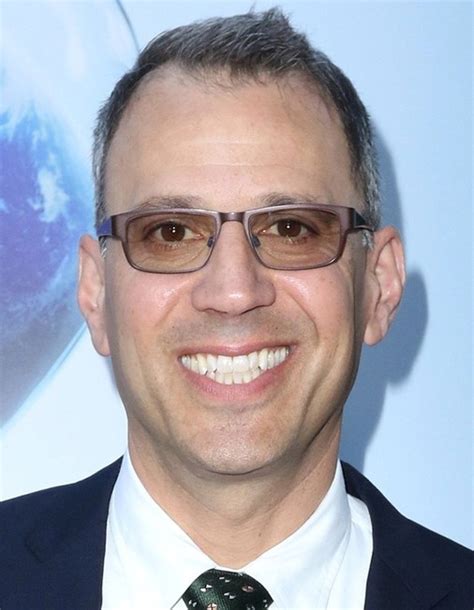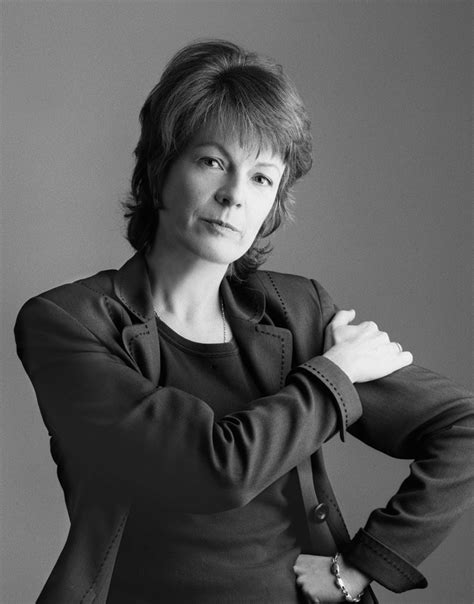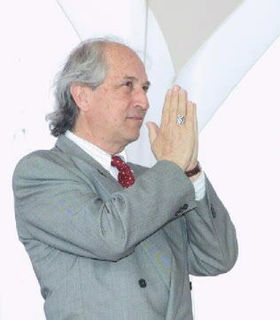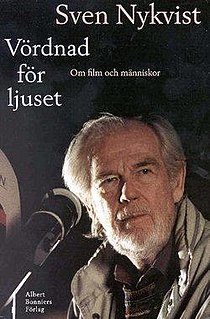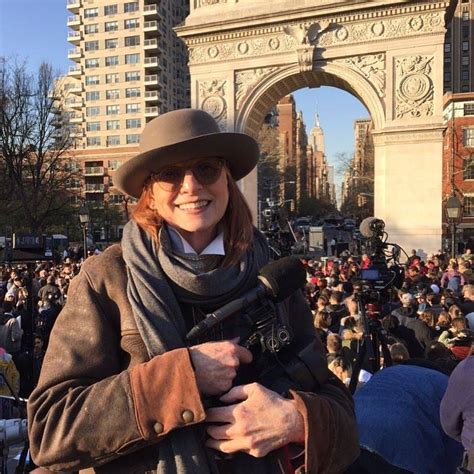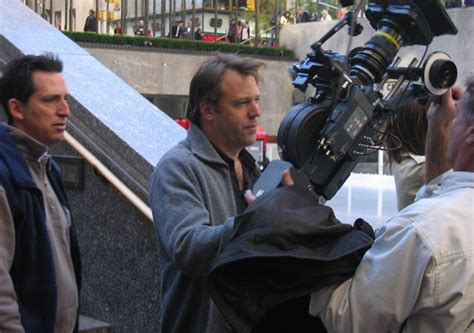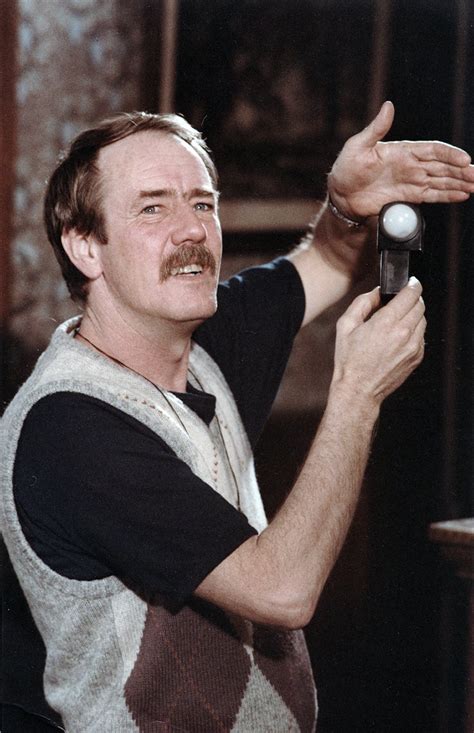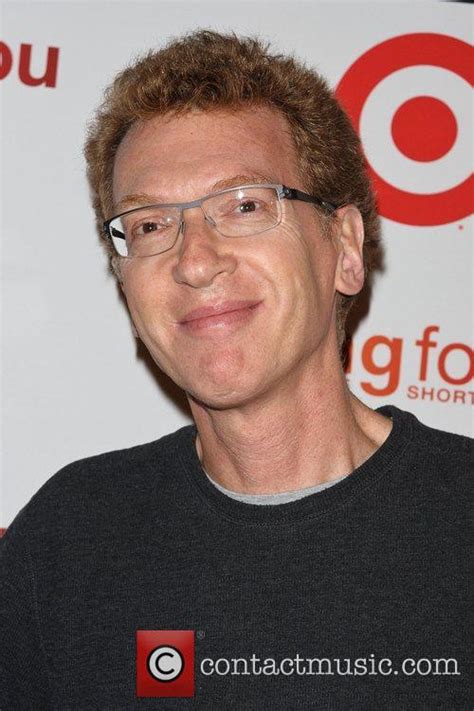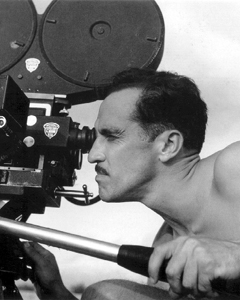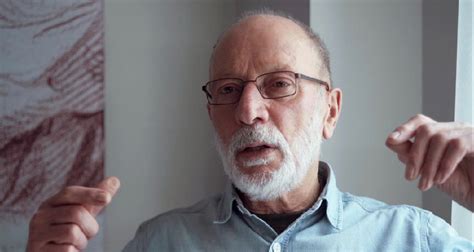Top 179 Quotes & Sayings by Famous Cinematographers
Explore popular quotes by famous cinematographers.
We make movies about remarkable people like President Mohamed Nasheed of the Maldives in "The Island President" and Al Gore in the film, who get up every day and are driven in an almost inhuman way to make a change in a problem that they see in the world and shine truth into a very dark arena where bad actors try to lie to the American public to gain profits for fossil fuel companies. To us, that's a natural drama. And that's primarily where we work - character-based films that we hope will bring issues to life through their stories.
I met Michael Snow and Stan Brakhage the second day after I arrived, you know. I had never seen or heard of Brakhage. For me, it was a revolution, because I was well educated in film, but American-style experimental film was known to me in the abstract, and I had seen practically nothing. I had seen a film then that Noël Burch had found and was distributing called Echoes of Silence. It was a beautiful film, three hours long. It goes forever and it was in black and white, very grainy, and I saw that film and I thought...it was not New Wave. It was really a new concept of cinema.
I think the point of cinematography, of what we do, is intimacy. Is intent, is the balance between the familiar and the dream, it is being subjective and objective, it is being engaged and yet standing back and noticing something that perhaps other people didn’t notice before, or celebrating something that you feel is beautiful or valid, or true or engaging in some way.
I'm a big fan of fiction film where you have a story and you have to transform that into a visual language, basically working with actors and also transforming that into how you pronounce that in the visual language of the shots, the construction of the shots and the lighting. All of that appealed to me from the beginning of my career at the university. When I graduated from the university, I wanted to deal mainly with that, with the visual aspect of the movie.
Tolerance of Cruelty in any form is a degraded state of mind and soul. When we freely allow the massacre and prolonged torture of defenseless creatures, it increases our receptivity to human cruelty and war and steals our humanity, peace and soul. Very little speeds and greases your way to Hell, like animal cruelty.
Jack [Nicholson] really knows about the camera. He's one of the directors who likes to play with the camera. He'll change things around, play with lighting, things like that. He'll even spend hours on the set-up for an insert shot. He's an interested person who gets involved in all the aspects of the films he is making.
I wasn't trying to be different; I just did what I liked. Don't misunderstand when I say I really had no particular DP I was aspiring to be. I really fell in love with the movies as I was growing up, and I must say, I was emulating things that I saw others doing, that’s how you learn, but you soon have to push past that, and do things that you feel are right… or better.
We see ourselves as filmmakers and as storytellers. We want to make films that move people emotionally. The most effective thing that cinema can do is get into people's hearts and have them see a new perspective on life - step inside someone else's shoes and mind for 90 minutes and experience the world in that way.
In the '60s when I started to see everything I could see, you could see pretty much everything which was still available from the '30s, '40s, '50s, '60s, and therefore I had an education which was really large and vast in different cinema. That's probably the reason I did not fall for the New Wave. It's really the love of the movies that made me want to become a cameraperson, definitely. I was really a film buff.
One day I decided to move towards documentaries or to move to more directing in documentaries at this point in my career. Why documentaries? I also love fiction. I would love to direct a fiction movie as well. But I think where I come from, reality is so interesting and has in it so many good stories to tell, this is why I'm doing that. I'm enjoying that.
Occasionally I do movies with other directors. I did 'The Diving Bell and the Butterfly' for Julian Schnabel. I did a movie with Jim Brooks ('How Do You Know'). I did a movie with Judd Apatow ('Funny People'). So I do get a chance to work with other people, which is always enjoyable, always pleasant. But still, Steven [Spielberg] makes the types of movies that I'm interested in as well.
European films had art. And it was easy to make a European film. They didn't come from the studio system, they weren't shot in sound studios, and that's a good thing, because in the studio system those movies would never have had a chance. And since we were coming from Europe, it was natural for us to use that simple style. Small budgets, less equipment, that was just how it was.



